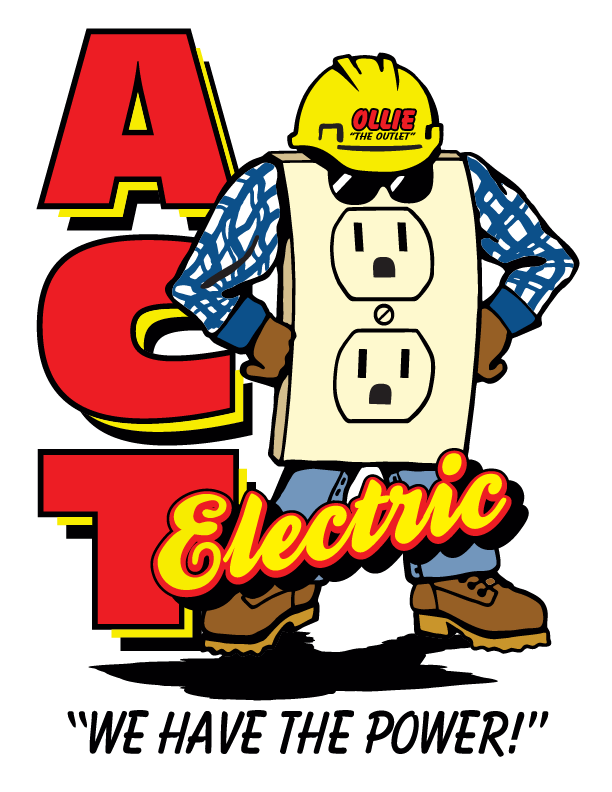Crucial Warning: Federal Pacific Electrical Panels Pose Fire Hazards
IMPORTANT **If you find your home has a Federal Pacific Electrical panel, be advised it is a known fire hazard.**
Your circuit breaker box, fuse box, or service panel, is the electrical heart of your home. The purpose of a circuit breaker box is to regulate how much power comes into your home, and route it safely throughout your breakers and wiring to light fixtures and electrical sockets.
It’s essential that the size of the breaker box is commensurate with the amount of electricity and types of appliances that are enjoyed by the home’s occupants. When a family moves into an older home, before they start painting or paneling or adding those elegant little string lights to the barbecue pit patio, it’s important to make sure that the heart (circuit breaker box) can handle the added strain. If not, just like a human heart, the electrical system will fail, and usually right at the crucial moment.
Let’s go back to the box for a moment. The main breaker feeds power to each of the circuits, which in turn supply power to their designated area. If the main breaker isn’t in the circuit breaker box, it may be near the electrical meter. Each of the circuits has a particular type of breaker. A single pole breaker, which is the regular kind, is made for a 120-volt load. A double is made to handle 240 volts. Double poles are used for the big stuff like hot water heaters, clothes dryers, hot tubs, things which create a huge draw. The sum total of power a breaker box handles is a number of amps. The number and size of the circuit breakers determine how much power is allowed into the house.
A typical circuit breaker only operates at about 80% capacity. Think about it; if your car can travel at 120 miles per hour, are you ever, for any reason going to drive it over 95 miles per hour? Just like running your car too hard is unwise, you don't want to overload the circuits in your breaker box, especially on a regular basis.
Fortunately, if there's too big a load placed on the circuit, the breaker will trip, and the power will go out on that circuit before there is a fire or electrical shock.
It used to be that the average home had a 60 amp breaker box. Then the internet came along, large screen tv’s, cell phones, Play Stations and Smart homes. Now, even 100 amp breaker boxes are the bare minimum. But, when a homeowner needs a new breaker box, the question arises as to not only how much electrical power the family needs (expressed as watts /volts=amps-20%), but how much the occupants will need every year for the next 20 or so years. A misguided too-small size can create electrical problems, both in terms of blown fuses and continuous overload.
We hope this has given you some insight into your fuse box. If you feel like your circuit breaker box is too small, give us a call. We will come out and do an assessment and give you a quote if you need a new one.
ACT Electric is a full-service residential and commercial electrical contractor company specializing in electrical installation, repairs, and upgrades, electrical troubleshooting, electrical remodeling, electrical home inspection, and electrical retrofitting. We always prioritize customer comfort and safety. Give us a call at (480) 986-1722 today!



